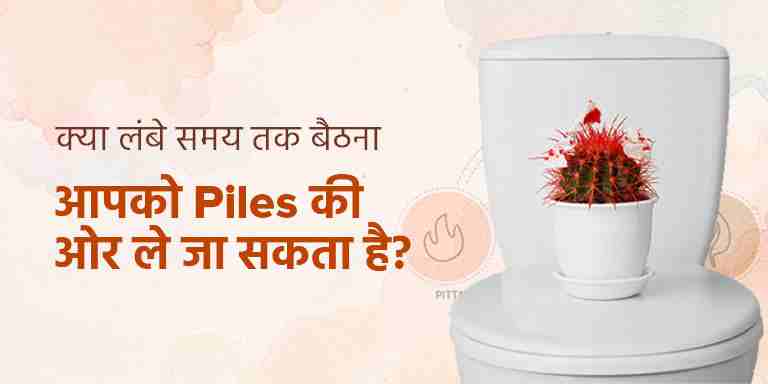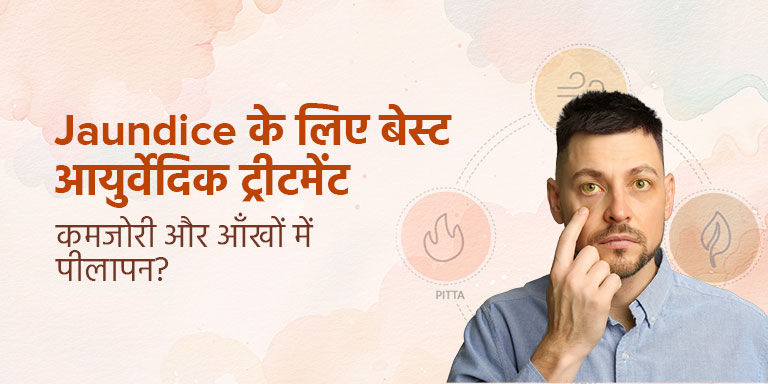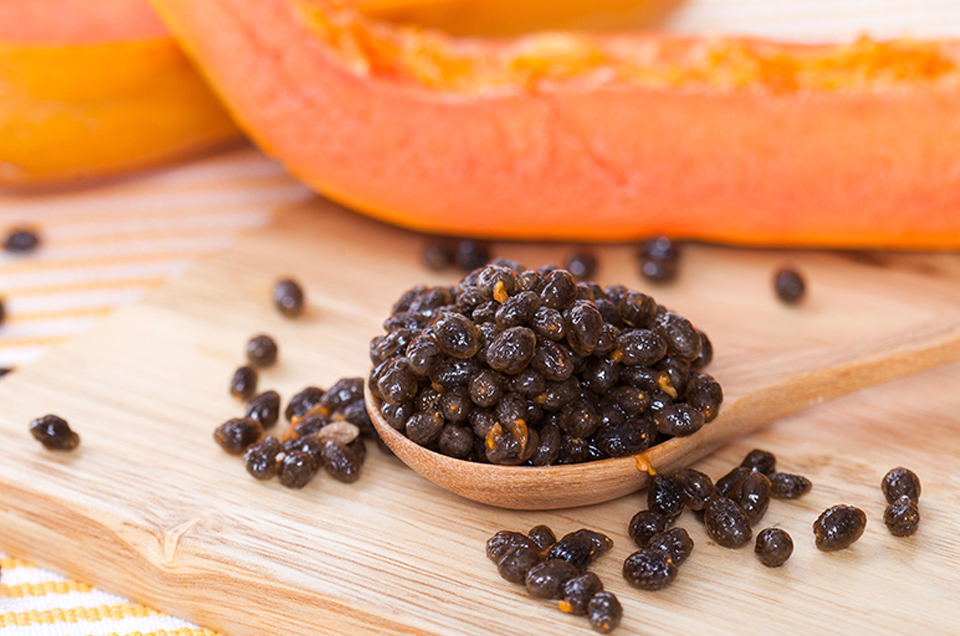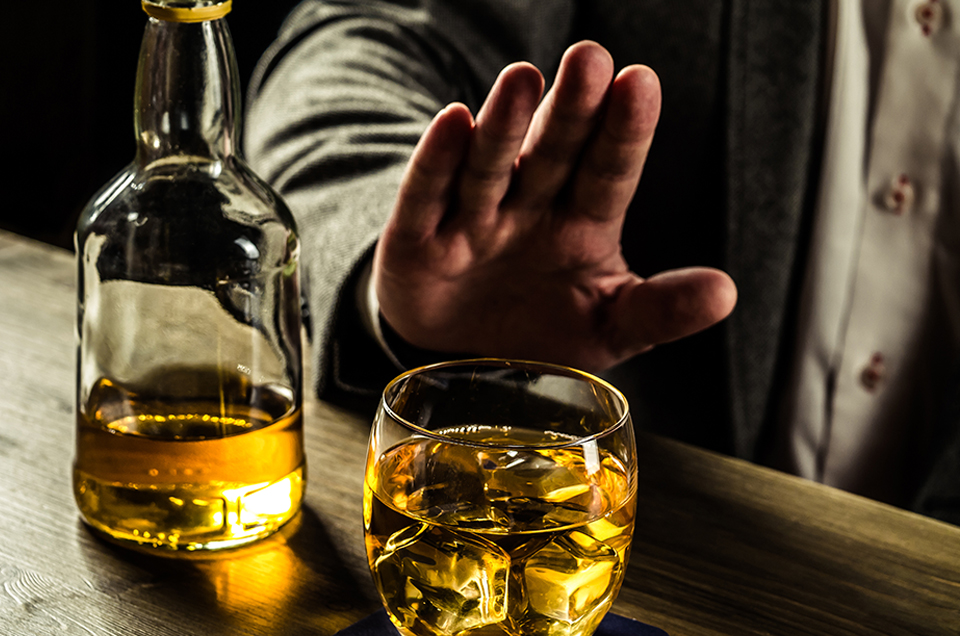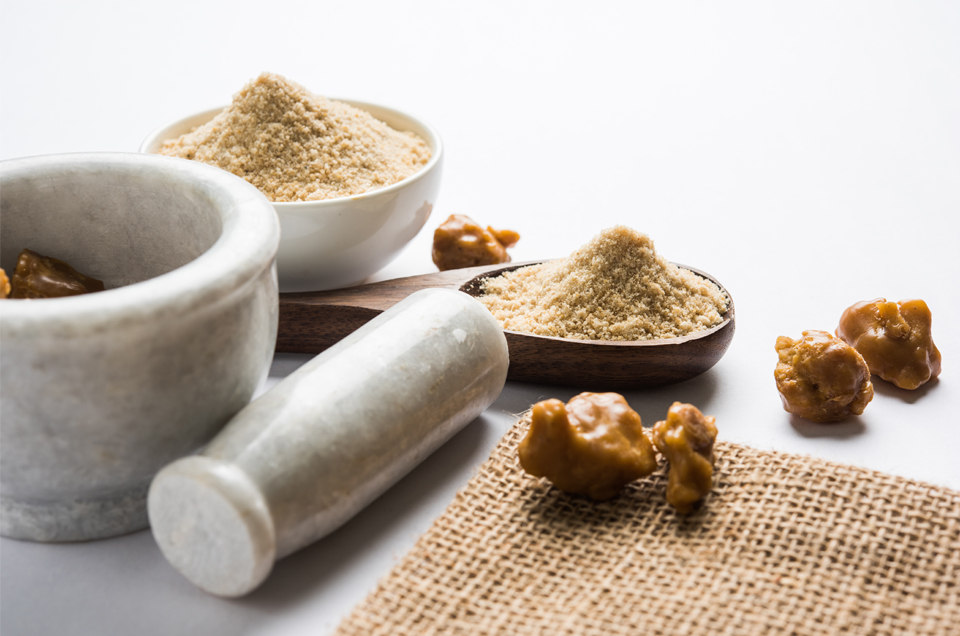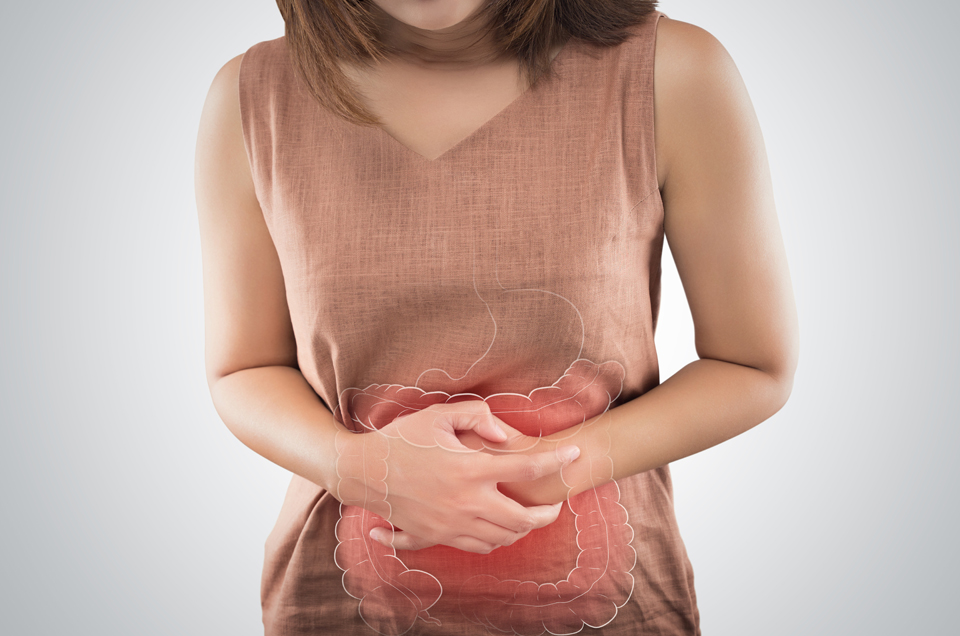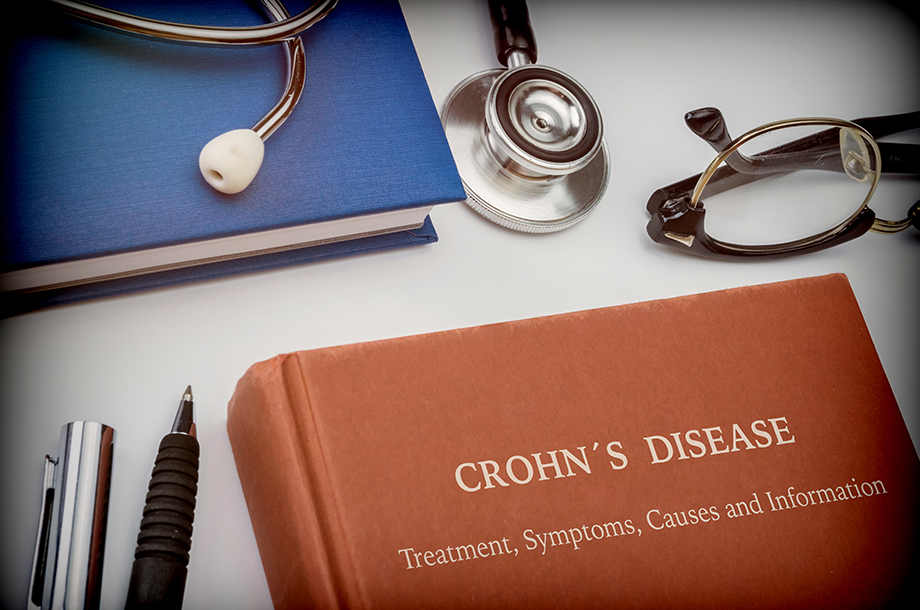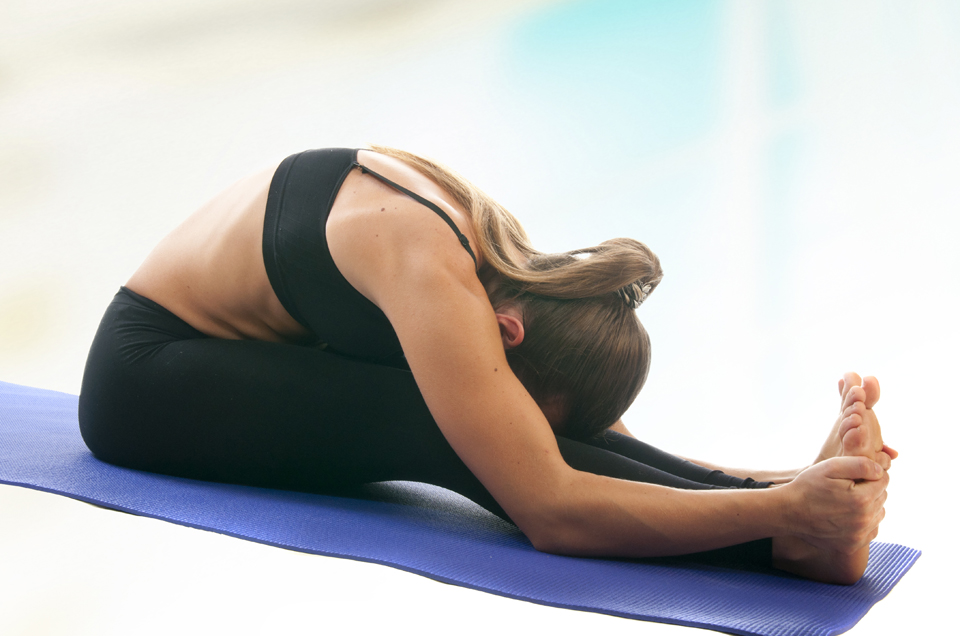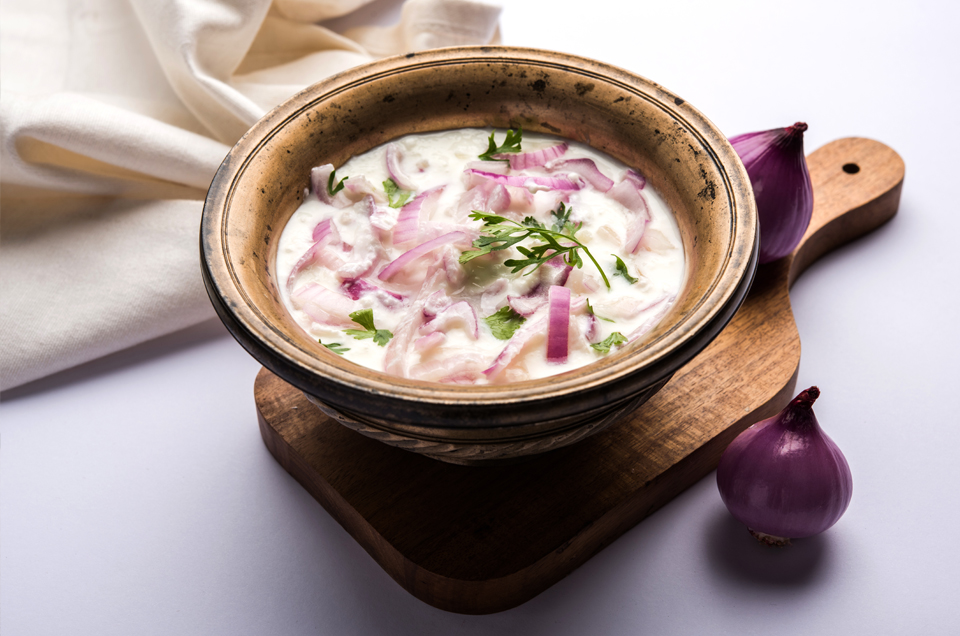Gallstones can vary in size from as small as a grain of rice to as large as a golf ball. The number of stones differ from person to person too.
There are two main types of gallstones that can form in the gallbladder:
- Cholesterol gallstones are the most common type of pittashmari. Often yellowish in color, these gallstones are basically clumps of cholesterol that sediment in the bile duct.
- Pigment gallstones are dark brown or black in color and form when your bile has high amounts of bilirubin.
Having a diet that’s rich in fats or not getting much exercise can increase your cholesterol and lead to obesity, which can shoot up the chances of cholesterol gallstones forming in your bile duct. Gallstones are more common among older people or those who’ve been diagnosed with (or have a family history of) obesity, diabetes, or IBS. Pittashmari is also more common in women.
Here are some other factors that can lead to pitta imbalance
- Taking medicine to lower your cholesterol
- Losing weight rapidly
- Fasting or irregular meals
Most people with gallstones do not show any symptoms, but that’s not unusual because they tend to appear later on in life. Pittashmari that do not show any symptoms are called silent gallstones. Even if there are no appearances of any gallstones symptoms, it’s a good thing to pay an expert Ayurvedic doctor a visit for an annual check up.
Having said that, there are some telltale signs of pittashmari. Pain around the liver area, right shoulder or back, acidity, vomiting, upset stomach, fever and clay colored stools are a few such symptoms. Chronic diarrhea and jaundice are other indications of pittashmari. If your bowel movements are irregular and last for more than three months, it could also be proof of chronic bladder illness.
Gallbladder stone treatment in Ayurveda is quite extensive. For centuries, Ayurvedic remedies have been used to ease the symptoms of gallstone. Methods like dietary modifications, supplements, yoga, herbs etc., can be used to reduce the effects of pittashmari.
Yoga is also extremely beneficial in helping in the management of gallstone. There are many asanas you can do to stabilize the flow of pitta in your body and prevent the formation of gallstones. Postures like Vajrasana, Pawanmuktasana, Dhanur asana and Narayan asana can soothe the gallbladder internally and prevent the bile from getting stored in the gallbladder. This can relieve stress and ease painful gallstones symptoms. Practicing relaxation techniques such as meditation to deal with stress is also effective.
Opting for a liquid diet when suffering from pittashmari is a highly recommended gallbladder stones treatment. The liquids can help flush out excess cholesterol and reduce the number of gallstones. Other dietary changes you can make is to avoid greasy, fried, and fattening food like pizzas, pakoras and fried chicken to maintain healthy levels of cholesterol in your blood.
Herbs like kalonji and kali mirch can also be effective in keeping pittashmari at bay. Being rich in the antioxidant thymoquinone, kalonji is an age-old herbal antidote for gallstones. Mixing kalonji seeds with honey or drinking kalonji oil mixed with warm water on an empty stomach aids in dissolving gallstones.
Black Pepper, or kali mirch, is packed with medicinal qualities that regulate bile secretions and enhance the functioning of the liver and gallbladder. Consuming some black pepper powder with warm water before meals improves digestion, controls cholesterol levels, and helps alleviate gallstones.
To treat this condition, It's important to understand the root cause first. Pittashmari can pose a long-term threat so the sooner you start to calm the gallstones symptoms, the better. The duration of the Ayurvedic treatment and dosage of the medicines depends on the severity of the gallstone condition so it's better to consult a Jiva doctor today through a phone or video call or meet us at your nearest Jiva clinic.




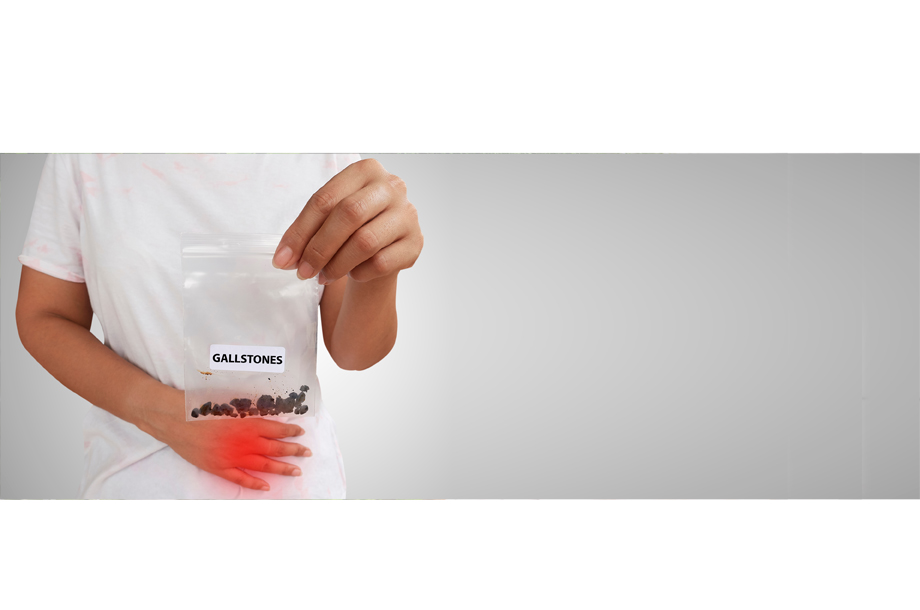
 Prev
Prev
